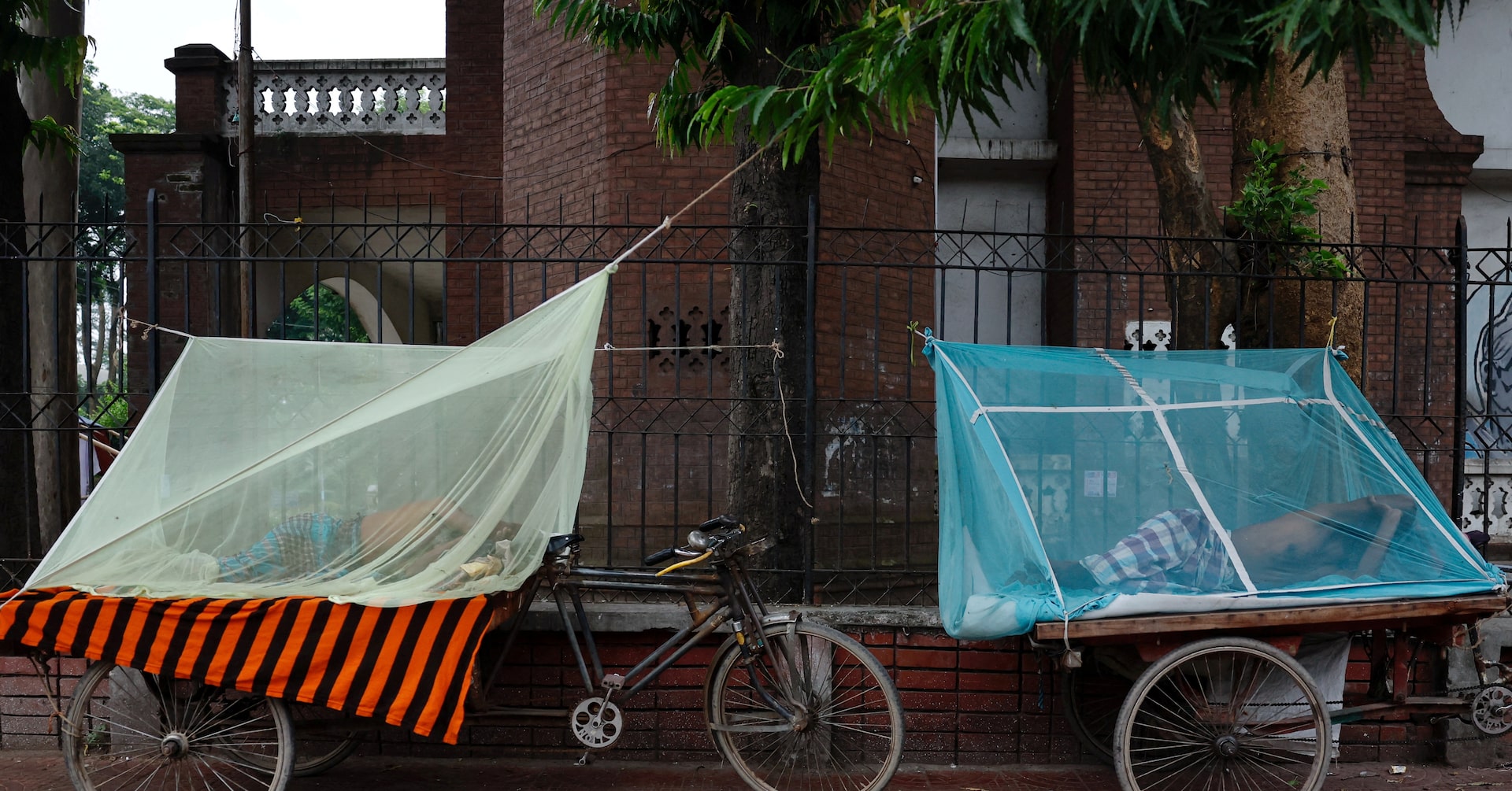The dengue outbreak in Bangladesh is intensifying, with a significant rise in both infections and fatalities. Health experts are sounding the alarm, urging immediate and coordinated efforts to tackle mosquito control to prevent the situation from worsening further.
As of October 6, the Directorate General of Health Services (DGHS) reported a staggering 50,689 cases of dengue fever and 215 related deaths across the nation this year.
Professor Kabirul Bashar, an entomologist from Jahangirnagar University, expressed deep concern regarding the current health crisis. He noted that the outbreak, which had already reached critical levels in September, could become “alarming” this month. Several factors contribute to the escalation, including climate change, erratic rainfall patterns, extended public holidays, and ineffectual local government responses that have hampered anti-mosquito initiatives.
“If we fail to act now, the situation could spiral out of control,” emphasized Bashar, highlighting how climate change has led to an extended breeding season for mosquitoes. He further indicated that delays in critical cleaning and fogging operations have worsened the outbreak, which is now affecting not just urban areas but also smaller towns and rural regions. There are growing concerns that dengue could become endemic throughout the country.
Hospitals across Bangladesh are currently experiencing immense pressure as the number of cases continues to rise. Health officials are apprehensive about a further deterioration of the situation in the weeks ahead. Adding to the crisis is a notable increase in chikungunya cases—another disease spread by mosquitoes. While chikungunya is rarely fatal, it can leave both children and adults with debilitating joint pain and extended periods of weakness, compounding the burden on the healthcare system.
Historically, the worst year for dengue in Bangladesh was 2023, which saw over 321,000 infections and 1,705 deaths. Experts warn that without strong preventive measures implemented now, the country may be on the brink of facing another devastating cycle of outbreaks.
This alarming scenario calls for swift action from health authorities and local governments. A multi-faceted approach involving public awareness campaigns, increased vector control operations, and enhanced healthcare provisions may be needed to mitigate the current crisis.
As the health landscape continues to evolve, the cooperative efforts of government agencies, health professionals, and the public will be crucial in combating the spread of mosquito-borne diseases and protecting communities across Bangladesh.
The time for immediate action is upon us as the rainy season stretches on, creating ideal conditions for mosquito breeding and increasing the urgency for strategic intervention to halt the progress of dengue and chikungunya in the nation. The call to action is clear; proactive measures must be taken now to safeguard the health of the Bangladeshi populace.






